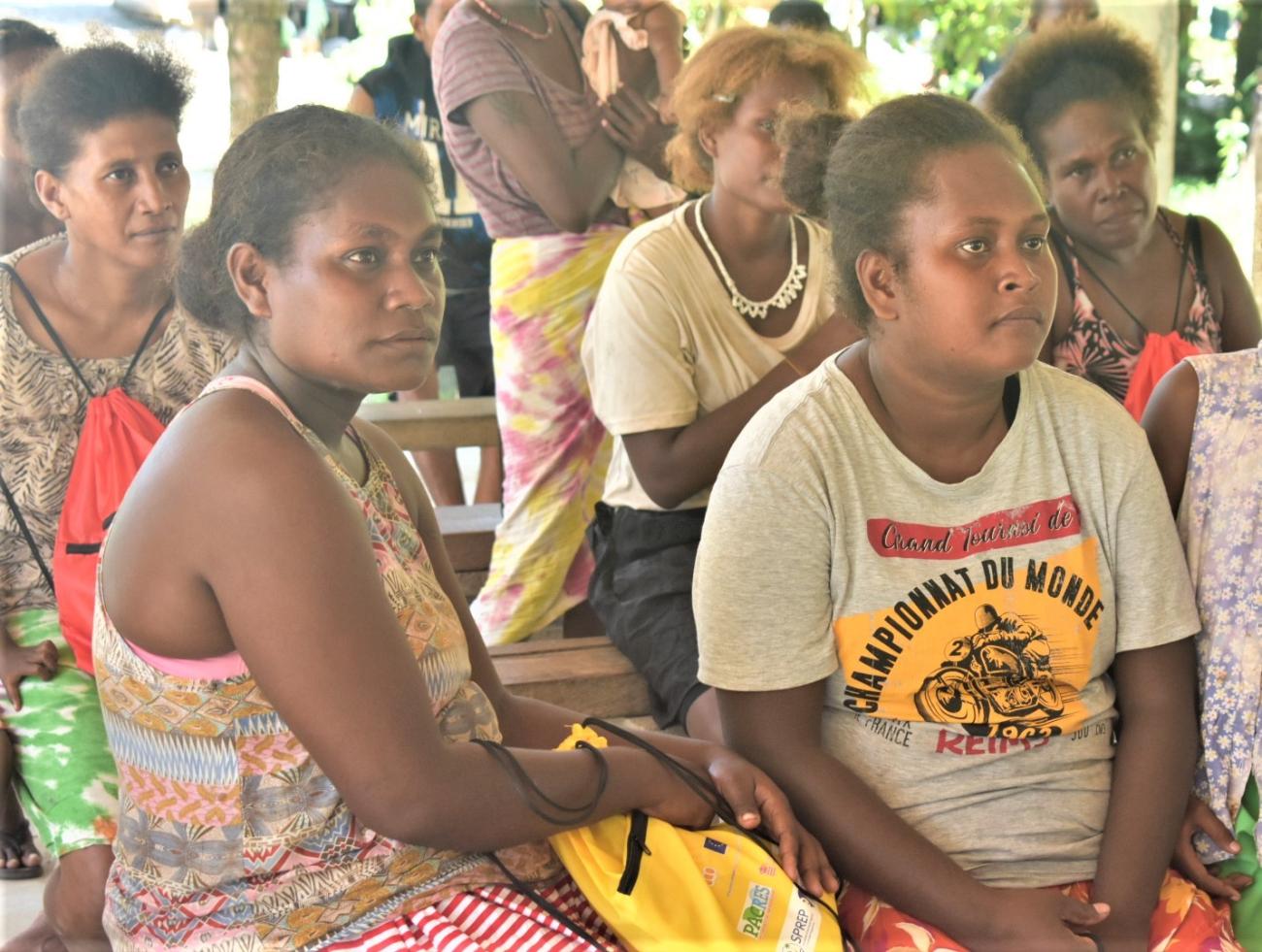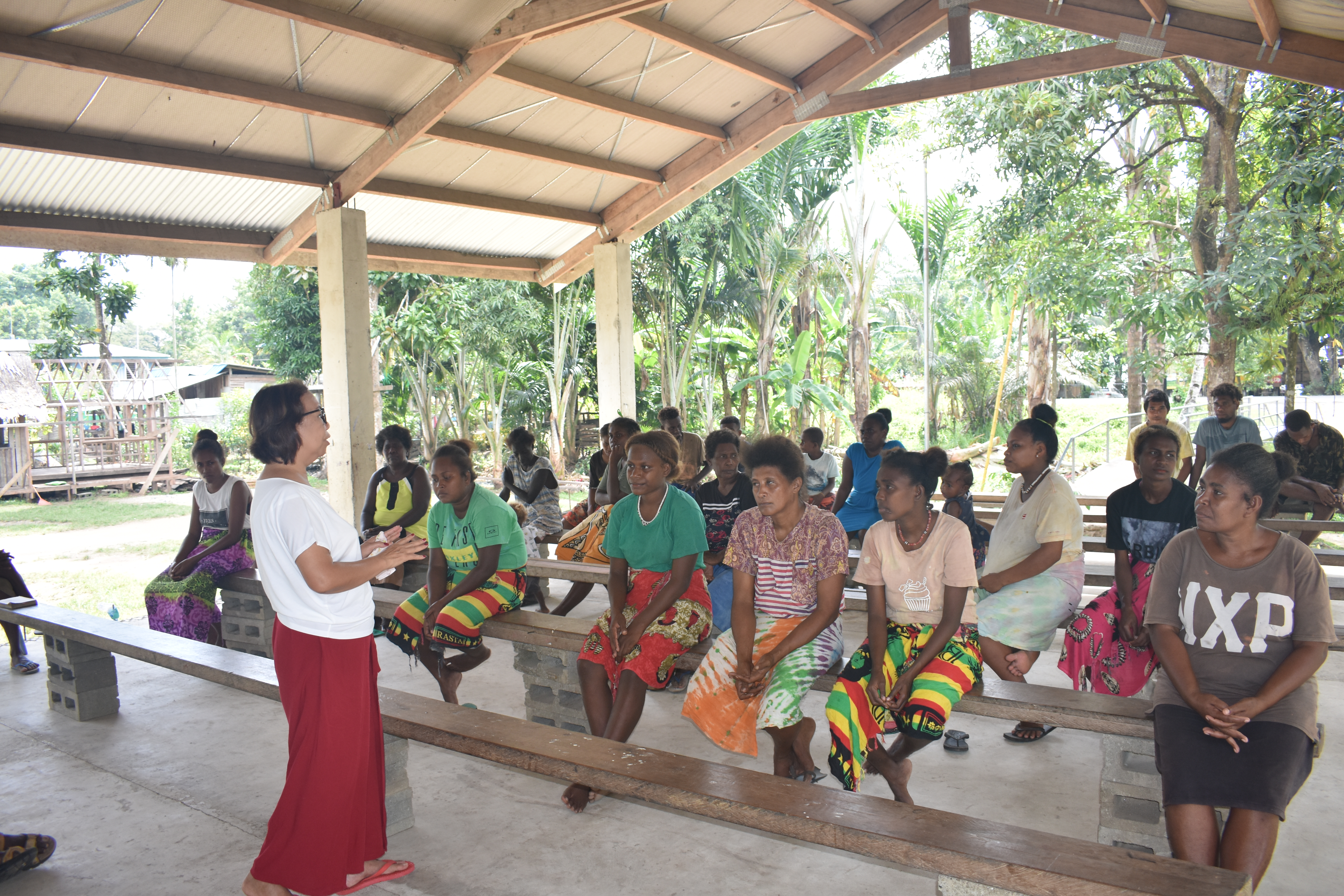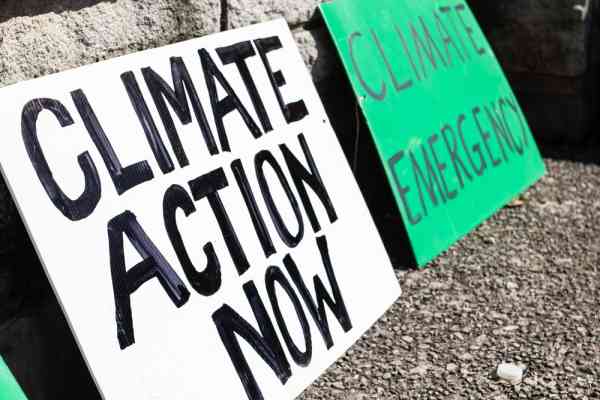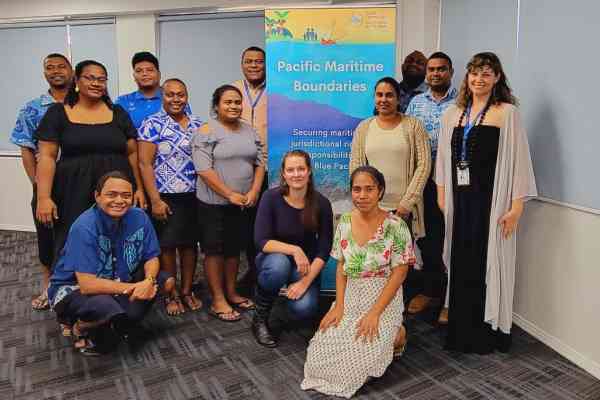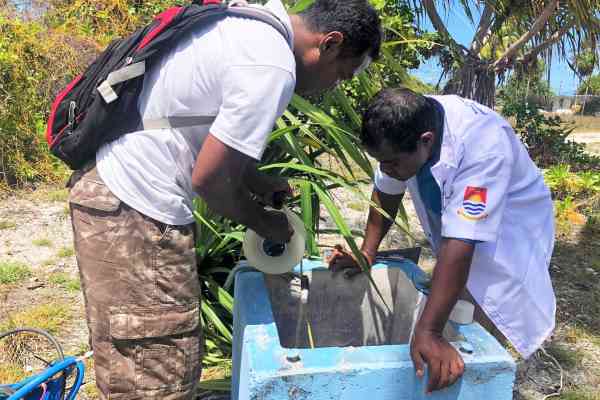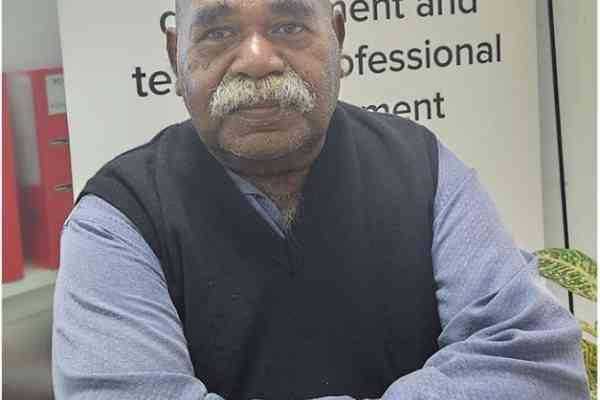(Contenu disponible en anglais uniquement)
In the picturesque archipelago of Solomon Islands, nestled in the heart of the Pacific Ocean, climate change is not just a buzzword; it's a stark reality that communities grapple with daily. However, amidst the challenges, there's a glimmer of hope. From September 4th to 6th, 2023, 90 households in Honiara received 72-hour resilient kits, marking a significant milestone for the work carried out by the Pacific Adaptation to Climate Change and Resilience Building (PACRES) project. This initiative is driven by the profound principle of self-reliance, aimed at creating communities that can weather any storm.
In this transformative training session held in Honiara, leaders from the Reilouga and Lauvalley communities embarked on a journey to understand the essence of self-reliance. The focus was on disaster preparedness and its pivotal role in ensuring communities stand firm and are self-sufficient when faced with unforeseen disasters and the ever-looming impacts of climate change.
Self-reliance is more than just a concept; it's a way of life that empowers individuals and communities alike. It involves taking proactive steps to prepare for the unexpected, ensuring that essential needs are met, and fostering a resilient spirit in the face of adversity.
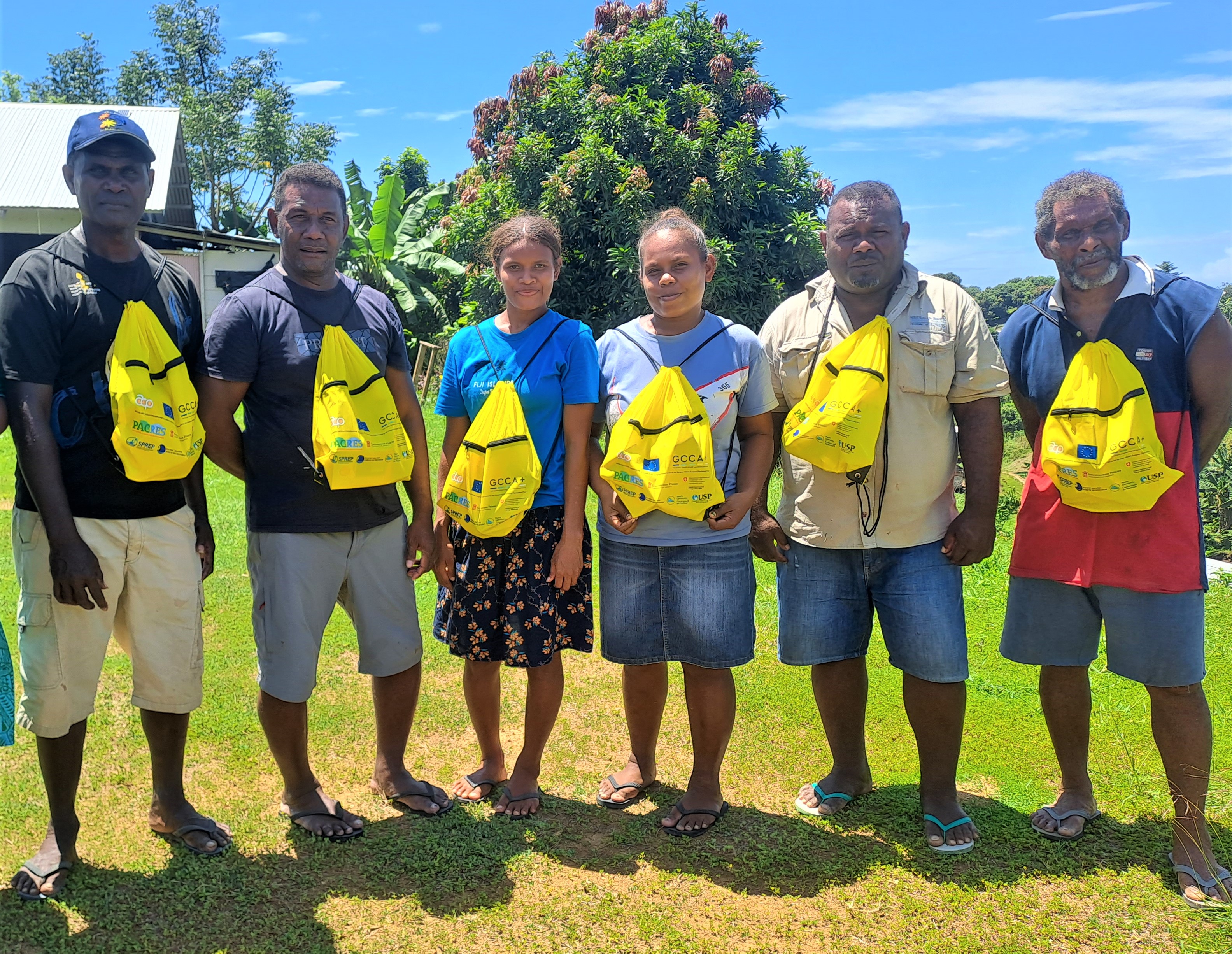 The cornerstone of self-reliance is being prepared for disasters. Whether it's a cyclone, flood, or earthquake, knowing what to do and having the necessary supplies can be a lifesaver. The 72-hour resilient kits distributed in Honiara contain essential items like transistor radios, first-aid supplies, torches and a whistle, equipping households to weather the initial impact of a disaster.
The cornerstone of self-reliance is being prepared for disasters. Whether it's a cyclone, flood, or earthquake, knowing what to do and having the necessary supplies can be a lifesaver. The 72-hour resilient kits distributed in Honiara contain essential items like transistor radios, first-aid supplies, torches and a whistle, equipping households to weather the initial impact of a disaster.
Self-reliance is not just about having resources; it's about knowing how to use them effectively. The training in Honiara equipped community leaders with the knowledge and skills needed to coordinate disaster response efforts within their communities. From setting up evacuation shelters to setting up financial budgets for each household, these leaders are now prepared to act when it matters most.
In the face of climate change, self-reliance is a shield against the ever-shifting landscape of environmental challenges. By adopting sustainable practices and understanding the local climate, communities can adapt and thrive even as the world changes.
The principle of self-reliance has been proven helpful by 32-year-old Melinda Basi of the Lauvalley community, who said she had taught her household the importance of disaster preparedness after they had to relocate their home to higher grounds due to constant floods.
“The importance of these disaster kits would enable our families to prepare well during times of disaster,” said Ms Basi.
“We know what we need to know to be able to get up early and be on the go in case a disaster strikes. I am a mother, so it is very crucial that we are prepared as a family because this would ensure my children’s safety.”
According to Reilouga community's village leader, Nicholas Kepo, self-reliance would foster a sense of unity and cohesion within communities.
“When individuals come together with a shared goal of resilience, bonds are formed, and a network of support emerges. This solidarity is invaluable during times of crisis,” said Mr Kepa. "For the Reilouga community, we often go through floods, cyclones, sea level rise, and we suffer as a community. To build resilience not only for ourselves but collectively, we can survive the impacts of climate change and be more resilient."
The distribution of 72-hour resilient kits and the training on self-reliance are symbolic of the PACRES project's commitment to creating stronger, more resilient communities in Solomon Islands and, ultimately, in the Pacific. As these communities embrace self-reliance, they prepare for today’s challenges and pave the way for a brighter, more resilient tomorrow in the face of climate change.
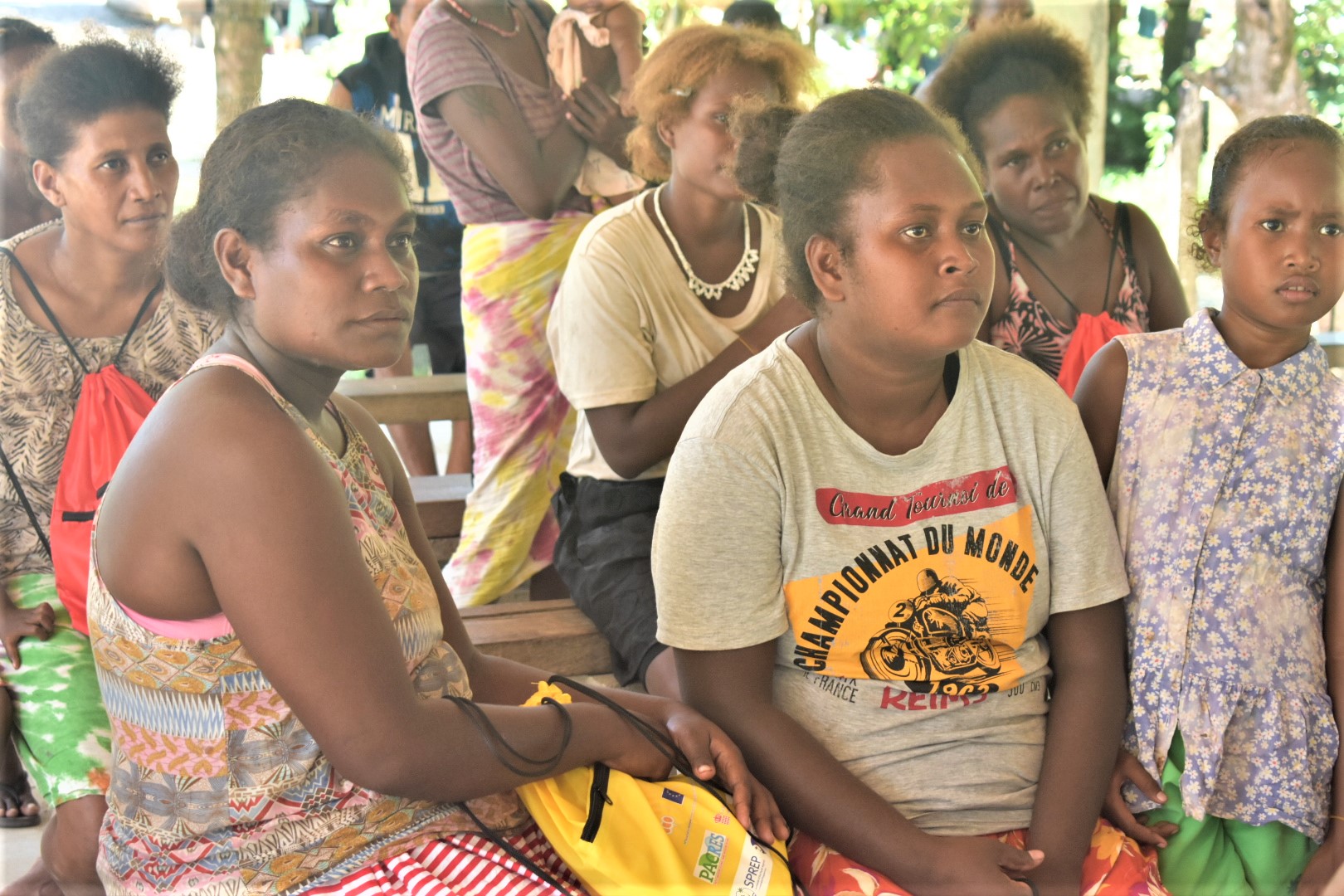
"It's about preparing for a brighter future by equipping oneself with the necessary abilities to meet life's economic demands," she said.
"To secure a prosperous future, self-reliance means not only managing climate change impacts but also acquiring the skills needed to handle various aspects of life, including education and economic self-sufficiency," added Ms Mathers.
The journey toward self-reliance is not just about survival; it's about thriving and ensuring that the beautiful islands of the Solomon Archipelago continue to flourish despite the odds.
The PACRES project is a (EUD) $2.5M with the European Union as the main donor and is jointly implemented by the Secretariat of the Pacific Regional Environment Programme (SPREP), Pacific Island Forum Secretariat, Pacific Community (SPC) and the University of the South Pacific (USP).
By
Alisi Vucago-Waibuta
